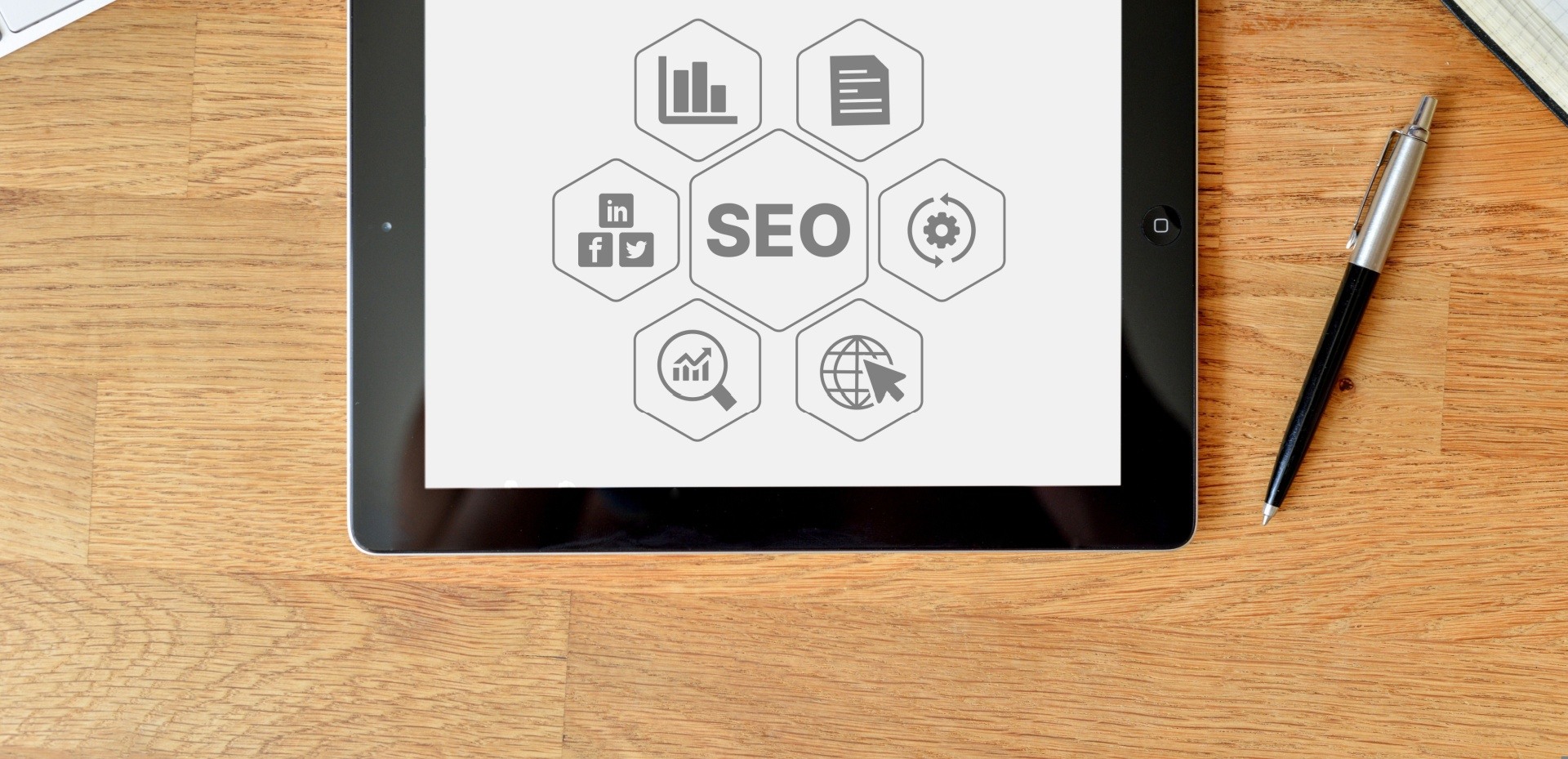What is Freelance Data Analysis?
Freelance data analysis involves using your analytical skills to help businesses make sense of their data. This can include tasks like cleaning data, running statistical analyses, creating data visualizations, and generating insightful reports. As a freelancer, you're not tied to a single employer; instead, you work with various clients on a project-by-project basis.
This method of working allows you the flexibility to manage your own schedule and choose the projects that interest you most. With the increasing importance of data in decision-making processes, the demand for skilled data analysts is on the rise, making this a viable and potentially lucrative way to make money online.
How Freelance Data Analysis Works
Freelance data analysis works by connecting skilled data analysts with businesses or individuals who need their expertise. As a freelancer, you'll typically start by marketing your services on freelance platforms or through your own website. Clients will reach out to you with specific data-related tasks or projects.
You’ll agree on the scope of work, deadlines, and payment terms. Once the work is completed to the client's satisfaction, you get paid. The work can range from short-term projects like creating a single report to long-term engagements where you might be analyzing data for a client over several months.
Top 5 Benefits of Freelance Data Analysis
There are numerous advantages to earning money online through freelance data analysis.
- Flexibility: Work on your own schedule from anywhere in the world.
- Variety: Engage with different projects and clients, which can make your work more interesting and less monotonous.
- Earning Potential: Freelancers can often charge higher hourly rates than salaried employees, especially if they have niche skills.
- Skill Development: Continuously work on diverse projects that help you grow and refine your analytical skills.
- Autonomy: Be your own boss and choose the projects that align with your interests and strengths.
Top 5 Drawbacks of Freelance Data Analysis
There are some potential drawbacks of freelance data analysis. Some of these drawbacks are:
- Income Instability: Unlike a salaried job, freelance income can be unpredictable, especially when starting out.
- No Benefits: Freelancers typically do not receive benefits like health insurance, retirement plans, or paid time off.
- Self-Marketing: You need to spend time marketing yourself and finding clients, which can be challenging without a strong personal brand.
- Client Management: Handling multiple clients and projects simultaneously can be stressful and requires good organizational skills.
- Isolation: Working independently can sometimes feel isolating, as you miss out on the social interactions that come with a traditional office job.
Average Hourly Rate for Freelance Data Analysts
The average hourly rate for freelance data analysts can vary widely based on experience, location, and the complexity of the tasks.
According to data from Upwork, one of the leading freelance platforms, freelance data analysts can charge anywhere from $20 to $150 per hour. On average, experienced analysts tend to charge between $40 and $80 per hour.
Specialized skills, such as expertise in machine learning or advanced statistical methods, can command higher rates. Additionally, analysts who can also offer insights into business strategy based on their data analysis are often able to charge premium rates.
Getting Started with Freelance Data Analysis
To get started with freelance data analysis, you’ll first need to build a strong foundation in data analysis skills. This includes proficiency in tools like Excel, SQL, R, Python, and data visualization software such as Tableau or Power BI. Online courses from platforms like Coursera, edX, and Udemy can help you acquire these skills.
Once you're confident in your skills, create a compelling portfolio showcasing your projects. Sign up on freelance websites like Upwork, Freelancer, and Fiverr to find clients.
Networking through LinkedIn and attending industry events can also help you find opportunities. Remember to start with smaller projects to build your reputation and gradually take on more complex and higher-paying jobs.
Recap of Key Points
Freelance data analysis is a flexible and potentially lucrative way to make money online by leveraging your analytical skills. It involves working with various clients on a project basis, offering a range of services from data cleaning to generating insights.
While there are numerous benefits like flexibility and skill development, there are also drawbacks such as income instability and the need for self-marketing.
The average hourly rate varies but can be quite high for those with specialized skills. Getting started involves acquiring the necessary skills, building a portfolio, and marketing yourself on freelance platforms. With dedication and the right approach, freelance data analysis can be a rewarding way to earn an income.
Useful Websites for Freelance Data Analysts
- Upwork: A popular platform for freelancers across various fields, including data analysis.
- Freelancer: Another large platform where data analysts can find project-based work.
- Fiverr: Ideal for offering specific data analysis services or micro-jobs.
- LinkedIn: Great for networking, finding clients, and showcasing your professional profile.
- Coursera, edX, and Udemy: For learning and enhancing your data analysis skills through online courses.
If You're Interested in doing Freelance Data Analysis to Make Money Online, Some Other Trending Methods Are:
- Matched Betting
- Virtual Assistance
- Developing and Selling Mobile Apps
- Freelance Writing
- Completing Online Surveys
Sign Up For The Hustle Report
Want to receive the latest cash-building tips, trending hustles, and expert insights to help bolster your monthly income?
Sign up for The Hustle Report, our weekly side hustle newsletter.






.png?width=50&height=50&name=download%20(1).png)

